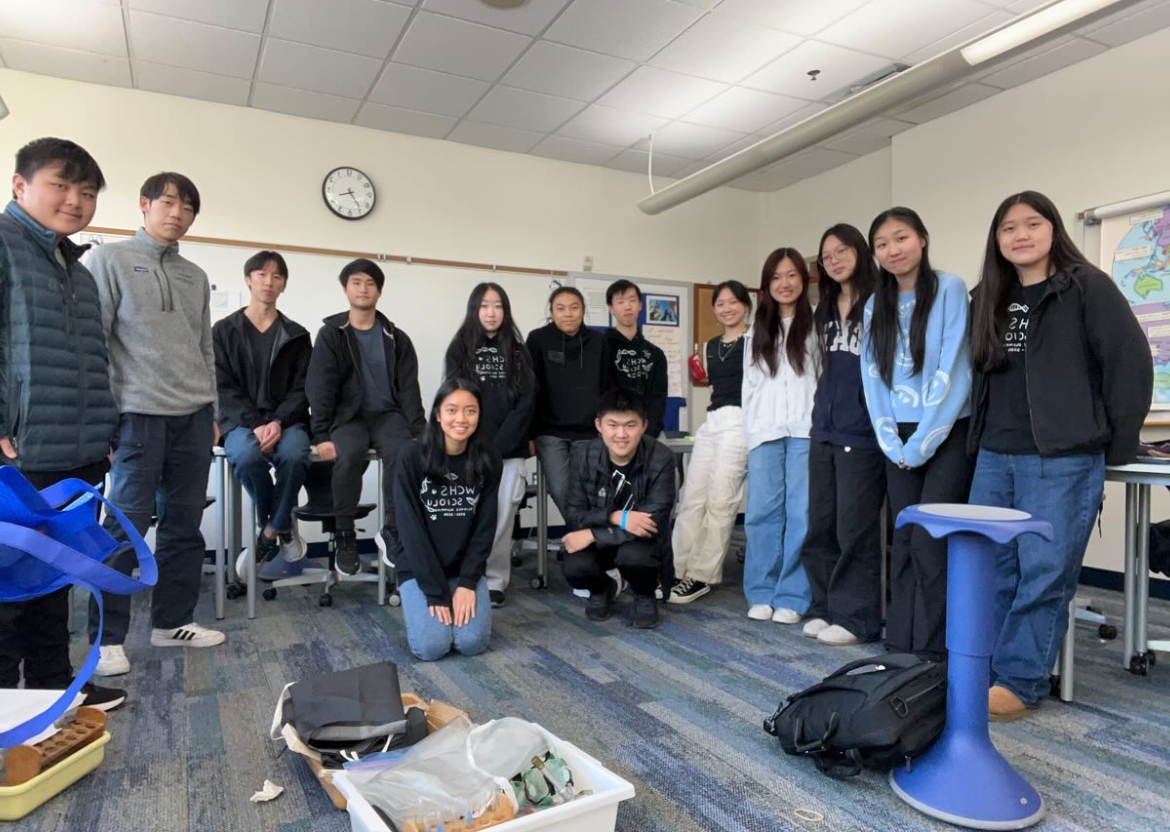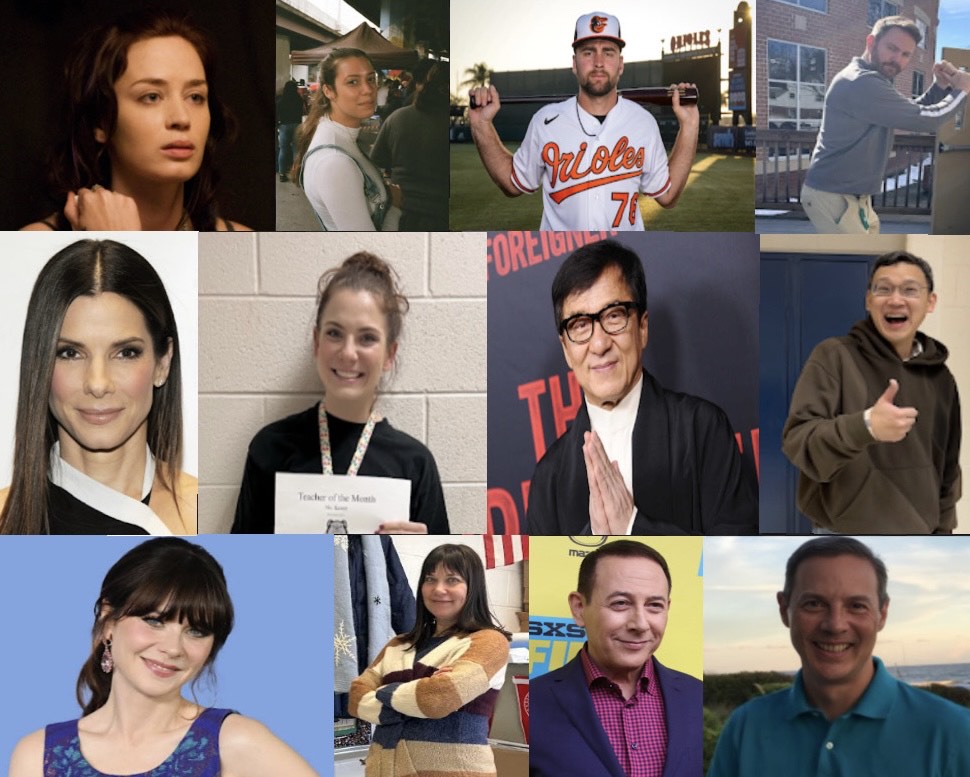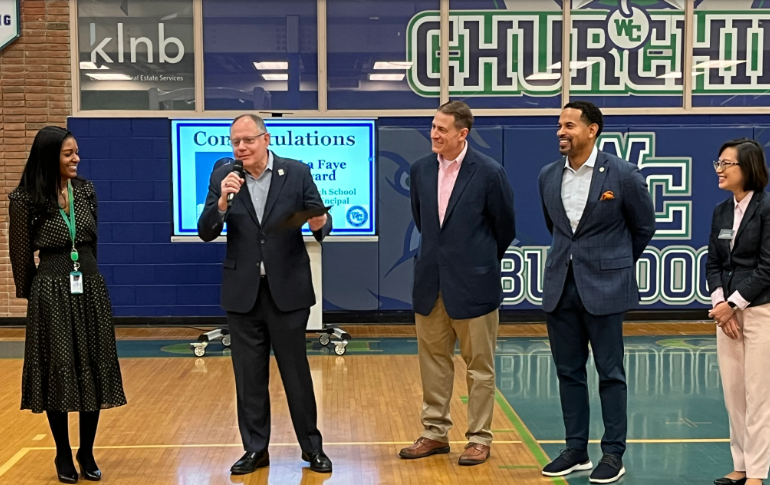Different people find different qualities attractive, and recently, viral campaigns have been fighting to promote a more realistic view of what makes a person beautiful.
Dove, a body care and beauty company that sells lotions and soaps, advocates for authentic beauty and self-esteem, and recently celebrated the 10-year anniversary of their Real Beauty campaign, consisting of print and video advertisements and public service announcements depicting “real” woman from all ages and races.
Dove’s first viral video was their “Evolution” commercial, showing how a seemingly normal-looking woman can be transformed into a model through the use of makeup, lighting and photo editing. This video gave people a glimpse behind the scenes of the advertisements that are all around us.
“If a high school student sees the Dove ad, they do not feel terrible about themselves,” Pulliam said. “But seeing the billboard makes them feel terrible. When you see a photo of a model or actor, it has been Photoshopped.”
The most recent viral video, “Selfie,” premiered at Sundance and took off on social media, helping girls around the world see the benefit in the “Selfie.” The short film encourages mothers and daughters to take selfies and embrace their various types of beauty. The film centers around a group of teenage girls and their mothers who are all asked to take a selfie of an area of their body that they believe is unattractive. Through this process the girls and mothers realize that what they find “ugly” about themselves is actually what makes them unique.
Another company that has taken a stand against the prevalence of unrealistic beauty standards is American Eagle, which is now removing the use of Photoshop from their underwear line Aerie and launching an Aerie Real campaign.
“I think it’s a good thing because a lot of teenagers struggle with self-esteem and being comfortable in their bodies,” senior Tierra Moore said.
This new campaign is especially important because while Dove aims at a spectrum of ages, Aerie focuses on teenagers.
“Normally companies advertise models who have been computer-altered,” senior Julia Taladay said. “This is promoting self-acceptance.”
While these two companies have taken a step in the right direction, many magazines continue to edit the pictures of the celebrities on their covers, giving false impressions to the public.
Most recently, Lena Dunham, writer and star of HBO Girls, a show meant to empower young women by depicting what real girls act and look like, had an arm edited out in an effort to make her appear skinnier in an issue of Vogue.
According to a January 2014 Time article, Dunham believes that despite the use of Photoshop, having her on the cover versus a typical model sends a positive message.
While Photoshop remains prevalent, hopefully more companies will son follow Dove and American Eagle’s lead.







